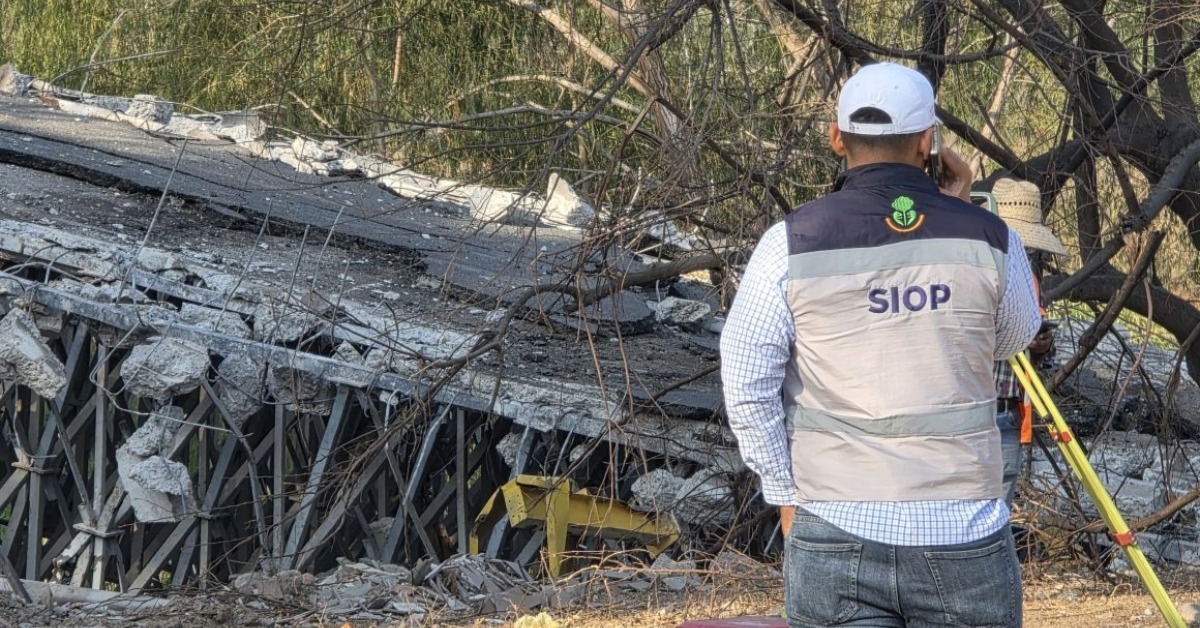Puerto Vallarta, Mexico - In a move that has sparked considerable debate, the Mexican government recently announced a new initiative providing free, police-escorted bus transportation for non-Mexican migrants with scheduled asylum appointments in the United States. This policy, unveiled on August 31, 2024, raises critical questions about Mexico’s role in facilitating mass migration to its northern border and the broader implications for both Mexican and U.S. border security.






